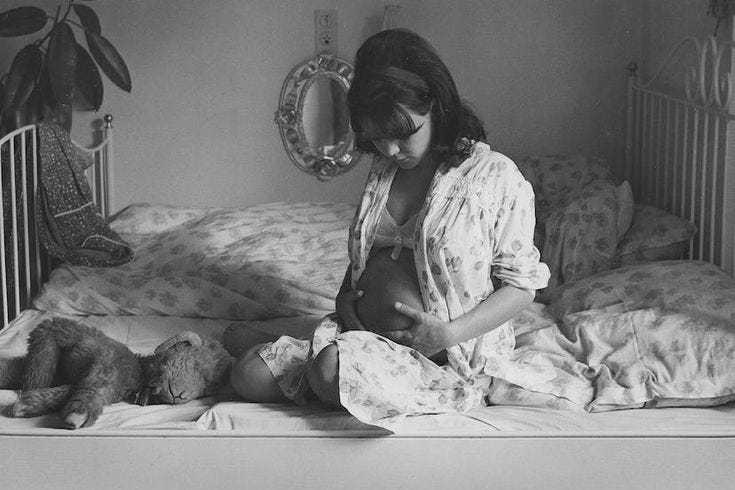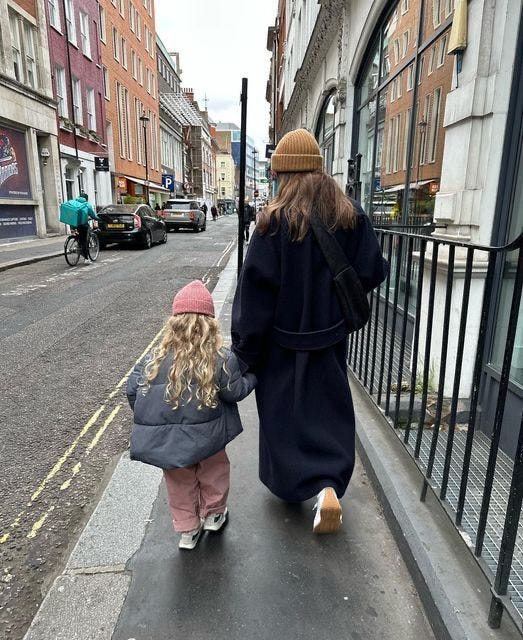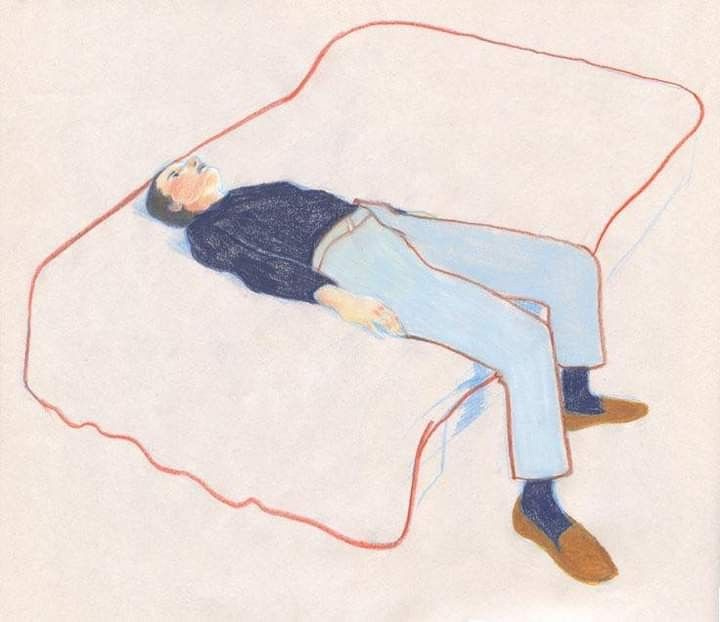Last week I read Motherhood by Sheila Heti. Once I finished it, I read some reviews on GoodReads saying that it is just a philosophical rant of a privileged white woman. While it is true, I also think it is important to have books that makes women feel like we are not alone when it comes to our very private thoughts on this extremely sensitive topic. Although Motherhood is not the best book I’ve ever read, it definitely is one that made me think and feel a lot. And let’s be honest, sometimes all you need is to feel understood by a book.
First of all, I must say the book was quite repetitive when it comes to author’s doubts on whether to become a mother. You might now think: of course, what did you expect?! Well, I think that if women who are 100% sure they want to become mothers read this book, it won’t do anything (positive) for them despite its somewhat misleading title. However, if you have ever wondered about the pros and cons of motherhood or if you ever felt the heaviness of this decision on your shoulders knowing that whatever you choose, it will impact the rest of your life and you won’t be able to take it back, then this book is definitely for you.
“Being a woman, you can't just say you don't want a child. You have to have some big plan or idea of what you're going to do instead. And it better be something great. And you had better be able to tell it convincingly - before it even happens - what the arc of your life will be.”
There were annoying things such as the main character answering many of her questions simply by flipping coins or going on and on about how motherhood is probably not for her so I guess there’s the answer to her dilemma. 🤷♀️ However, it is fascinating how many women (myself included) might struggle with the same intrusive thoughts, yet we don’t even know!
Do most of the women simply have children because all their ancestors had them and because not having them is more difficult to explain than having them? Is it only a matter of convention like changing surnames to their husbands’ which many women might not even think about it until it’s done (or even after it’s done)? Of course, I don’t want to generalise, but most women in my circle have changed their surnames without thinking twice about it. Don’t get me wrong, it is perfectly okay if you want it, but I wonder how much of our mental and physical effort it takes to convince our community and even ourselves that what has been done for generations might not be what we want to do just for the sake of keeping the tradition and peace!
What I love about Heti’s book is that the problem is not that women have to face this decision, but rather that men don’t because there is much less at stake for them. By becoming a mother, you’re also taking a role of a primary caretaker of your child (in most cases) while men can still change their mind. You’re putting aside your professional and social life just because the world tells you that being a mother is the most natural need you, as a woman, have without knowing a single thing about you, while men can still pursue their other passions without doubting themselves as fathers. It seems to me that for a man being a father is a very private question that society doesn’t care about, yet when it comes to a woman, well, society has a lot to say about that!
“When I was younger, thinking about whether I wanted children, I always came back to this formula: if no one had told me anything about the world, I would have invented boyfriends. I would have invented sex, friendship, art. I would not have invented child-rearing.”
Recently I’ve also read an opinion of a male psychologist saying that procreation is rather an emotional activity and that people don’t decide to have children for rational reasons, implying that most people don’t think about being parents, it just happens to them. On the other hand, the more you analyse all the consequences of motherhood, the less likely you are to rush into it and sometimes it happens that after all that thinking you realise you don’t want it at all.
Having read Motherhood, some critics could say that the book is meant to discourage women from having children, but I must disagree. Motherhood simply wants you to be honest with yourself and if you ever question your choices or what society deems acceptable, you should inspect those thoughts, ideas and feelings while keeping your feet firmly on the ground. So in stead of asking everyone else for an opinion, competing with your high school classmates or making your parents happy, you should ask yourself - your values, priorities and your childhood dreams - what kind of life you want to create for yourself (& for your loved ones).
With love,
Ľ.






